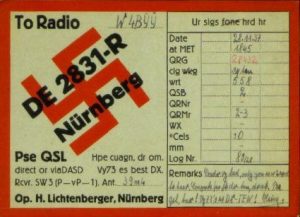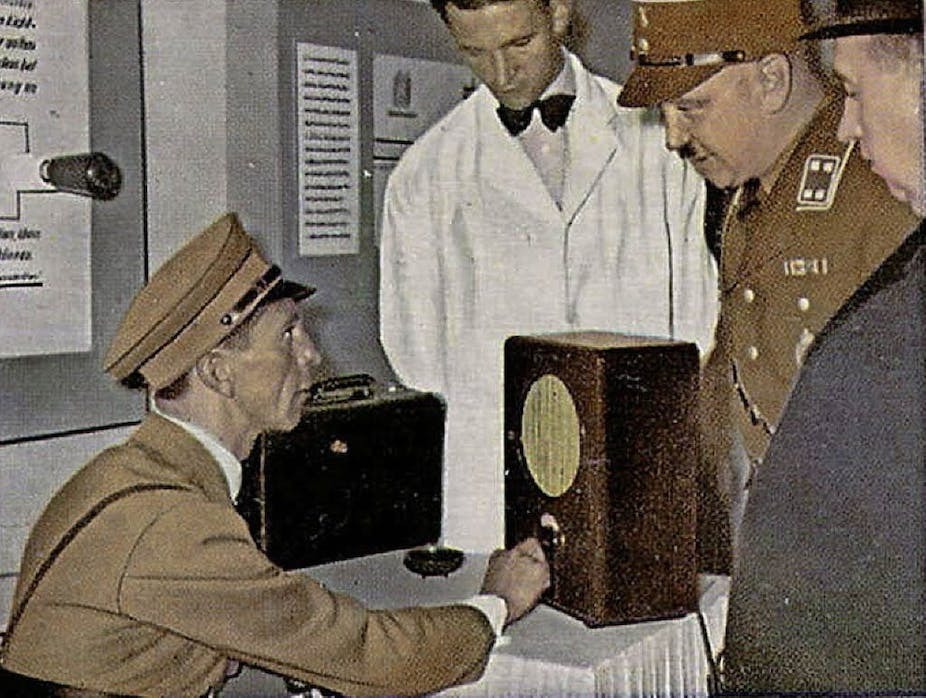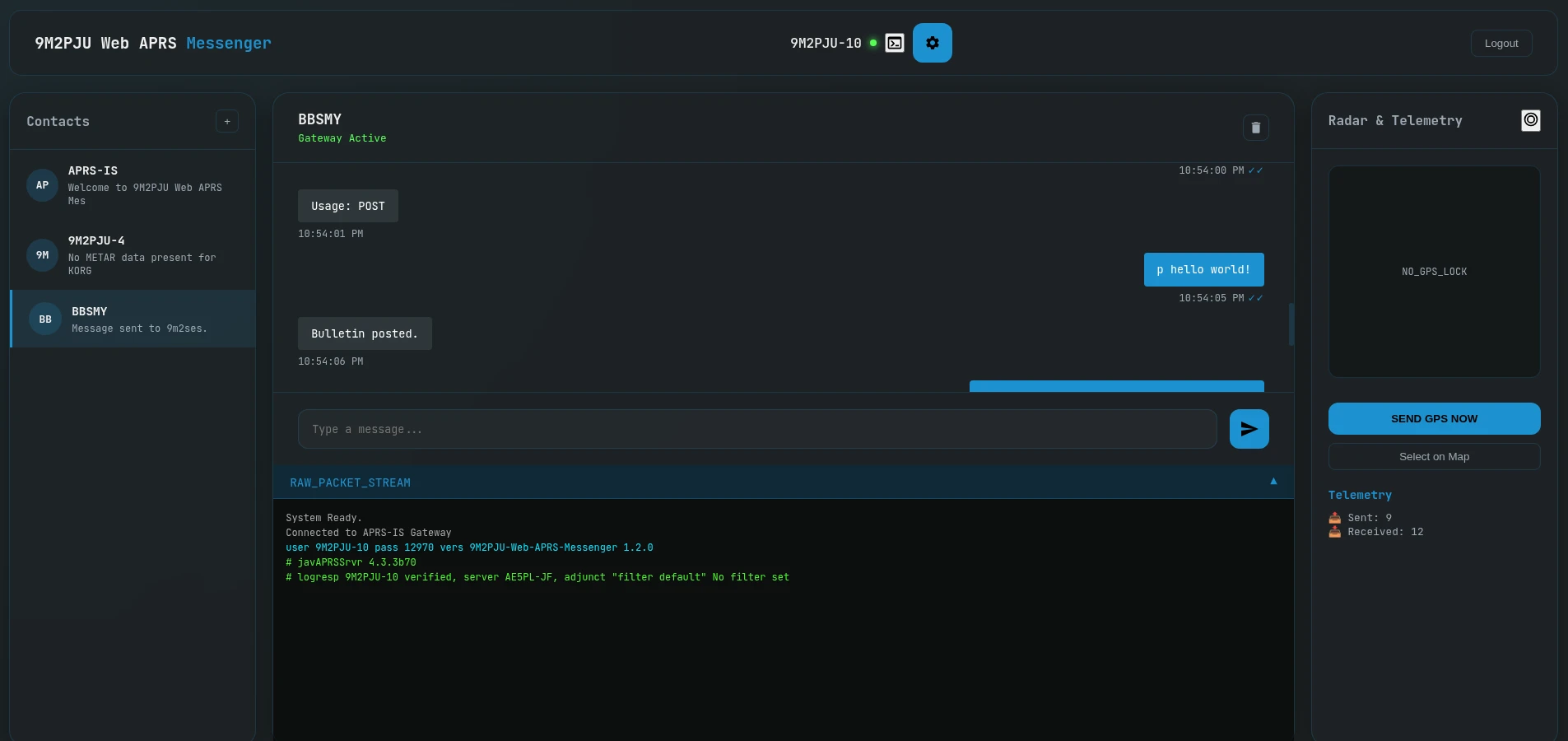How Ham Radio Hobbyists Became Pawns of the Nazis
Introduction:
In the 1920s, during the “Jazz Age,” people were captivated by new technologies, including radios. Ham radio hobby clubs emerged in Germany and other countries, attracting hundreds of thousands of members who enjoyed building and tinkering with their own radios. However, when the Nazis came to power in 1933, these hobbyists found themselves caught in a web of political control. This article explores how the Nazis exploited the skills of ham radio operators and the difficult choices they faced to survive under the Third Reich.
The Fascination with Radio:
During the 1920s, people were fascinated by airplanes, motors, and radios. In Germany, radio hobby clubs thrived as they offered a more affordable way for people to own and enhance their radios. Members of these clubs enjoyed improving reception and communicating with foreign stations that provided alternative entertainment. These clubs became vibrant social communities.
The Nazis and Control:
When the Nazis seized power, they sought to reshape German society in service of their ideology. They targeted various organizations, including hobby groups, to ensure compliance. Ham radio operators drew the attention of the Nazis due to their technical skills in building communication equipment.
The Importance of Ham Radio Operators:
Ham radio operators were part of a global community that transmitted and received messages independently. In Germany, they had to build their own equipment and pass technical exams to earn transmitting licenses. Their expertise in electrical engineering and radio-frequency reception made them valuable assets.
The Nazis’ Interest in Ham Radio:
Joseph Goebbels, the Nazi Minister of Propaganda, recognized the power of radio in disseminating Nazi ideology and connecting with resistance groups. The Nazis took control of not only commercial broadcast radio stations but also the radio clubs and their members. While some clubs were shut down, ham radio operators were allowed to continue their hobby under certain conditions.
The Quandary of Collaboration:
To maintain their ability to operate radios, German ham operators faced a moral dilemma. They had to actively collaborate with the Nazi regime, expelling Jews and anti-Nazis from their ranks and cooperating closely with authorities, including the SS and intelligence services. Refusing to comply could lead to severe consequences such as arrest, concentration camps, or even execution.
The Role of Ham Operators in the Nazi Regime:
German ham radio operators became instrumental in the Nazis’ secret military rebuilding efforts. They possessed the technical skills necessary for shortwave radios and Morse code communication, which allowed the Nazis to expand their military beyond the limits imposed by the Treaty of Versailles. Ham operators trained soldiers and recruits while maintaining the illusion that they were merely hobbyists.
The Price of Survival:
The collaboration of ham radio operators with the Nazis came at a significant cost. Their complicity with the regime compromised their moral integrity and led to the exclusion of certain individuals from the hobbyist community. Even seemingly innocent hobby clubs became tools for the Nazis to strengthen their dictatorship.
Conclusion:
The story of ham radio hobbyists during the Third Reich serves as a cautionary tale. It highlights how authoritarian governments exploit and control various civic organizations, even seemingly insignificant hobby groups. The experience of German ham radio operators demonstrates the difficult choices individuals face when their passions and technical skills become entangled with oppressive regimes.








Post Comment